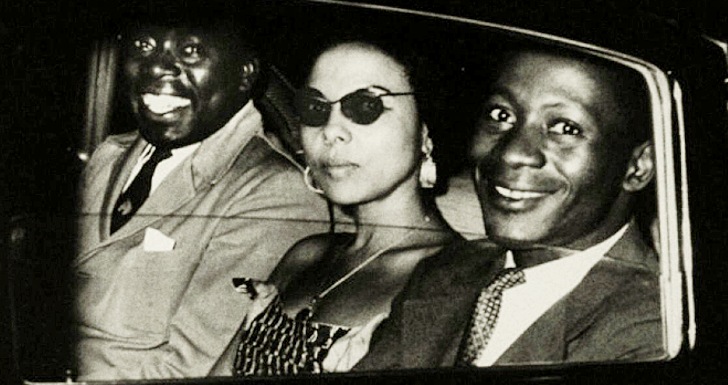
According to its mission statement, “AFI FEST… showcase[es] the best films from across the globe to captivated audiences in Los Angeles.
With a diverse and innovative slate of programming, the film festival presents a robust line-up of fiction and non-fiction features and shorts… along with panels and conversations featuring both master filmmakers and new cinematic voices.” The American Film Institute’s annual film fete took place October 23-27 at the TCL Chinese Theatre (that iconic movie palace formerly known as Grauman’s Chinese Theatre, with stars’ cement handprints and footprints in its famed courtyard) and the nearby TCL Chinese 6 Theatre, located beside Hollywood Boulevard’s fabled “Walk of Fame.”
Among AFI FEST’s global panoply of pictures, ranging across the cinematic spectrum from features to documentaries, studio movies to indies, this year AFI’s 38th festival screened at least three top notch films with political themes.

Here is a review of one of them: Johan Grimonprez’s wildly anti-colonial Soundtrack to a Coup d’Etat.
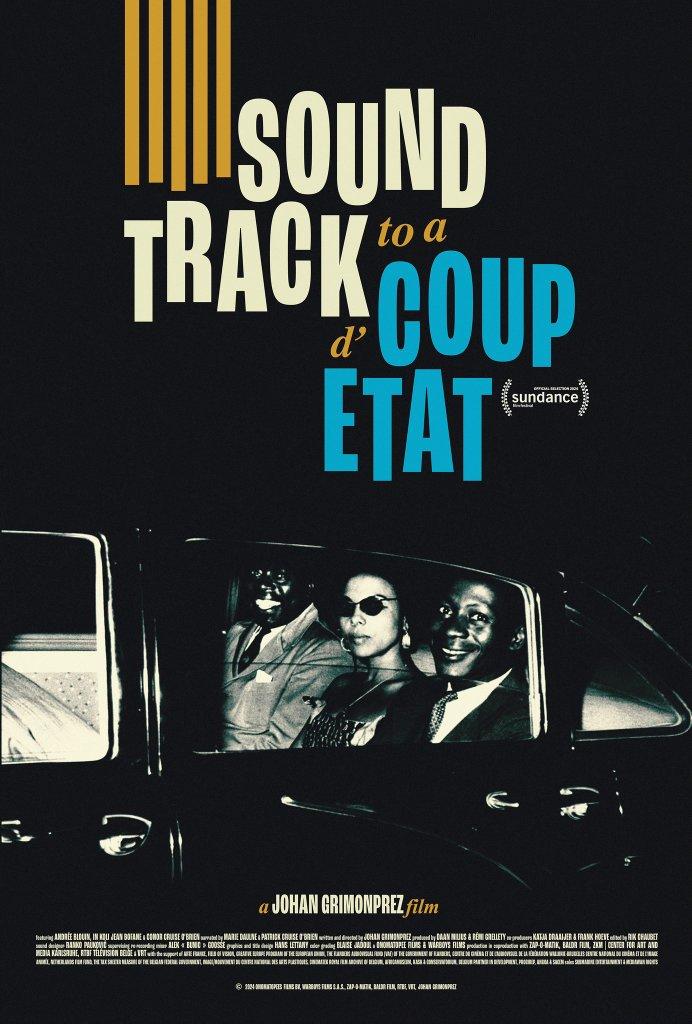
Founded after World War II as a forum for the international community to resolve conflicts peacefully, over the decades the United Nations has foundered in America’s court of public opinion. During the George W. Bush regime, imperialist zealot John Bolton, when he was the U.S. Ambassador to the U.N., relentlessly argued that the only legitimate role the U.N. could play was as an instrument executing Washington’s imperial hegemony and power.
Bolton famously stated: “It wouldn’t make a ‘bit of difference’ if the top 10 floors of the United Nations vanished from the 39-story headquarters building.”

Not only did that one-fourth of the U.N. headquarters contain the Secretary-General’s office, but as I recall from my 1980s’ stints reporting from that building on Manhattan’s east side, it also included the quarters for those overseeing the emergence of Namibia from South African rule.
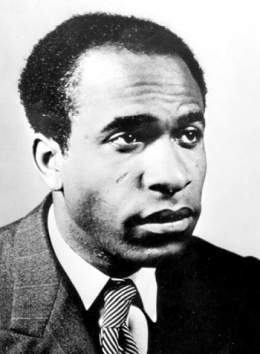
Those who dismiss the U.N. as irrelevant blithely ignore the role that body has played in eradicating diseases, humanitarian aid especially during acute crises, and in ending what Frantz Fanon had dubbed in a book title, “A Dying Colonialism.”
Fanon is one of the many sources quoted in Belgian filmmaker Johan Grimonprez’s remarkable Soundtrack to a Coup d’Etat, a wildly creative film that may actually redefine the documentary as a means of mass communication. In addition to being nominated for the Sundance Film Festival’s Grand Jury Prize in the World Cinema—Documentary category, it won Sundance’s World Cinema Documentary Special Jury Award for Cinematic Innovation. (I believe this is only the second non-fiction film to win this rare award in about 40 years.)
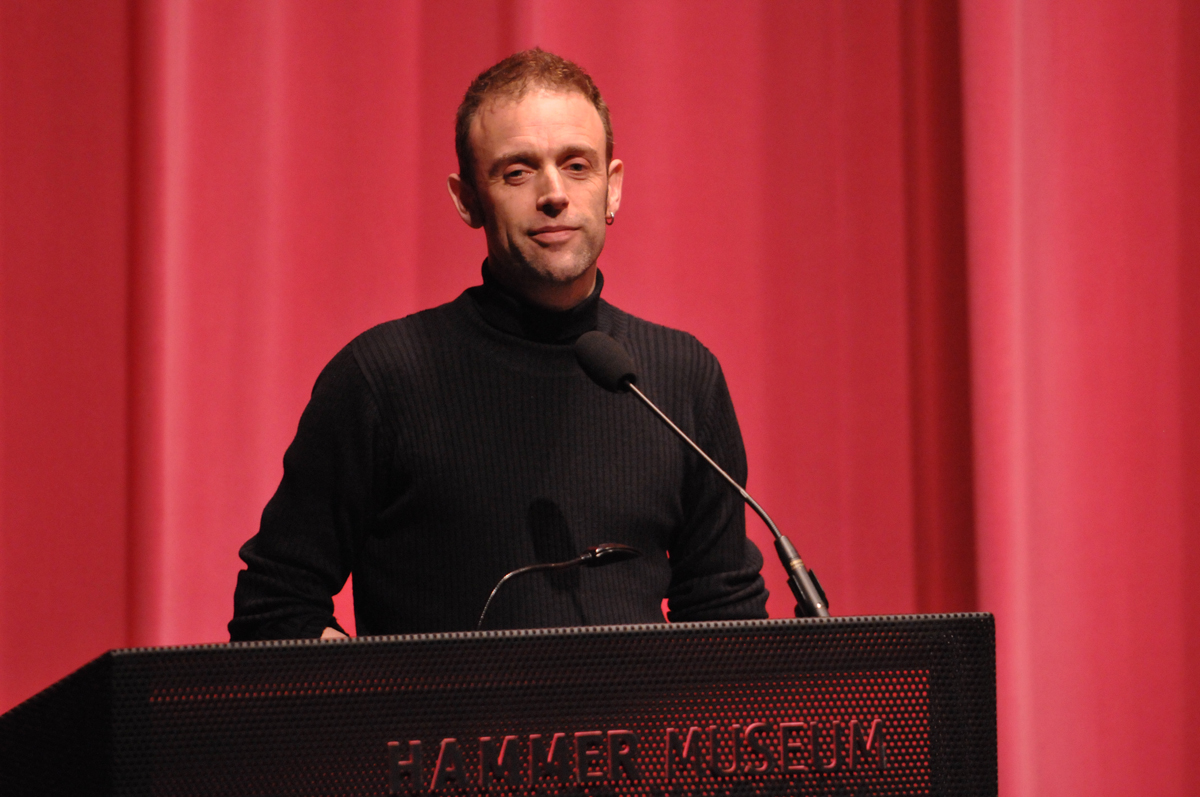
I suspect that Sundance’s almost unprecedented accolade for Soundtrack is well deserved, as it is paving new ground in the film form of non-fiction cinema. Because Soundtrack is so cinematically singular, it is difficult for this film historian/critic to find the words to review and describe it, but I will give it the old Hunter College Cinema Department try.
Grimonprez’s documentary focuses on Patrice Lumumba, the anti-colonial leader who fought for the independence of the Congolese people against foreign imperial rule in what had been known as the “Belgian Congo.” Following the May 1960 election, Lumumba emerged as the prime minister of the newly independent Republic of the Congo—but his reign was all too brief, as he was toppled by the film’s eponymous coup in September after only a few months in power.
Lumumba was assassinated in January 1961 and became a powerful symbol of anti-colonialism and Pan-Africanism, with his virtues extolled in a documentary and feature by Haitian filmmaker Raoul Peck and beyond.
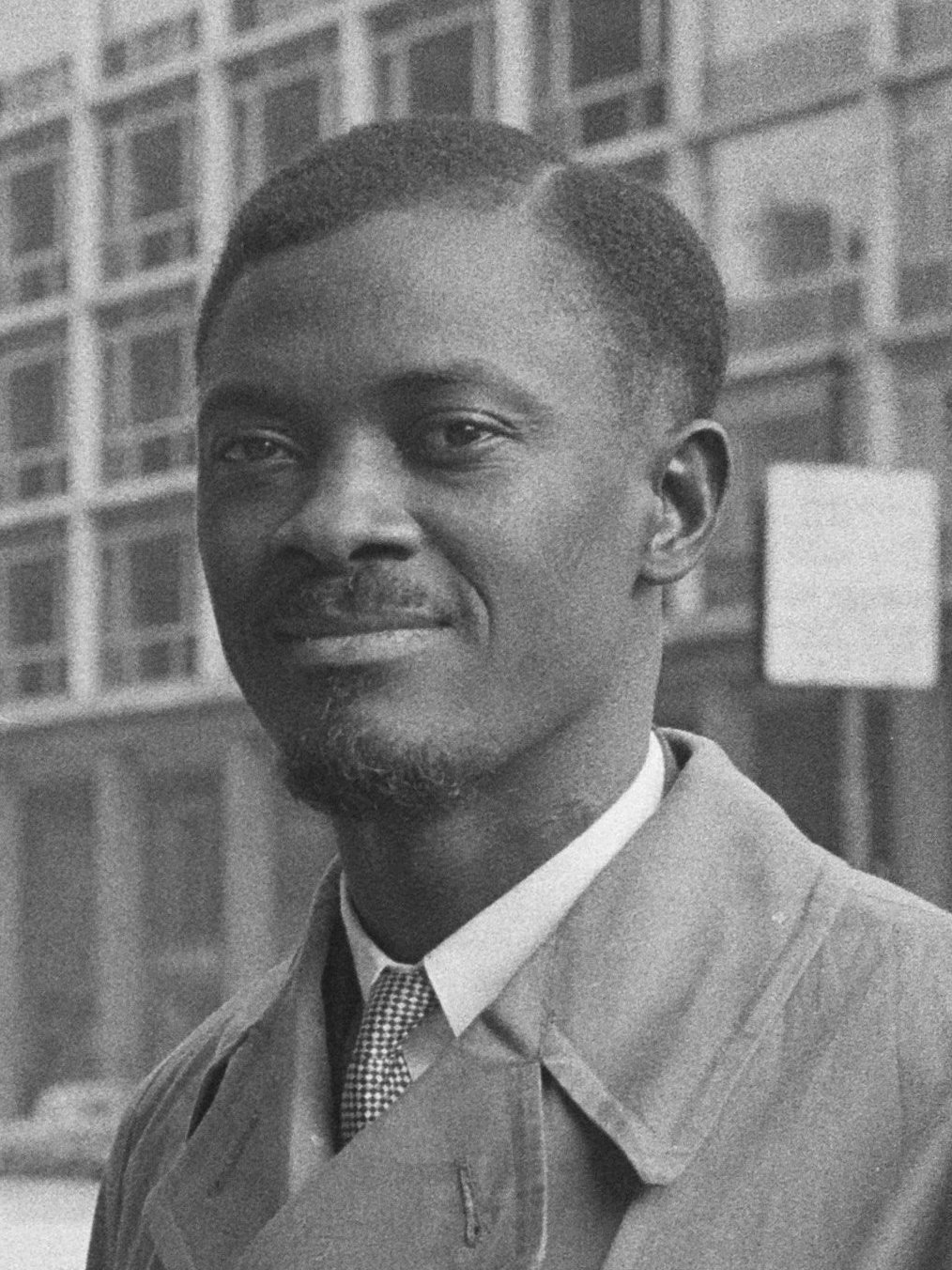
In dialectically telling this story (and much more), Soundtrack to a Coup d’Etat dazzlingly interweaves various cinematic strands through archival footage and news clips, but also via African American jazz music and the audio memoir of Nikita Khrushchev. The Soviet leader, renowned for spearheading the USSR’s post-Stalinist “thaw,” emerges as a hero of Soundtrack, due to his vigorously championing the decolonization movement at the United Nations, as newly emerging nations in Africa and Asia threw off their colonial shackles to become independent nations.
If the U.N. was the delivery room for the birth of the new sovereign states which then joined the world body as members, Khrushchev appears as a sort of midwife, cheering them on as he ushers them into the brave new world of independence.
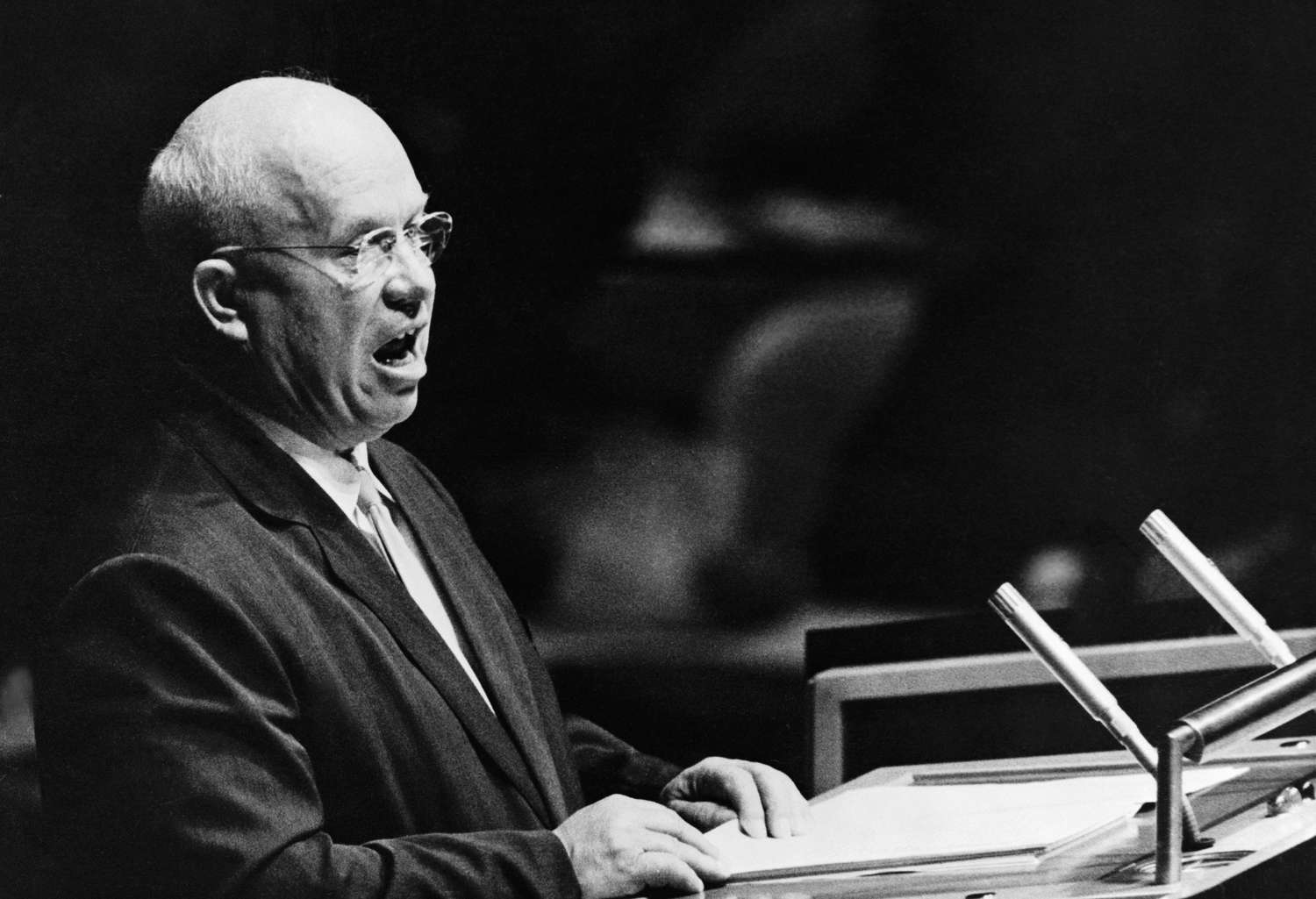
Much has been made about Khruschev’s alleged shoe banging at the U.N. (this, by the way, is disputed), although numerous clips in Soundtrack show Nikita raucously pounding with his fists on podiums and the delegates’ desk for the Soviet diplomats at the UN.
And what was the cause of Khrushchev’s undiplomatic conduct and outrage? Demanding an end to foreign rule of the West’s African and Asian colonies and for their independence. (There is also a scene of the Soviet premier bearhugging Fidel at the Hotel Theresa in Harlem, where the Cuban delegation to the UN was staying.)

As part of this decolonization trend, the Non-Aligned Movement is also highlighted along with some of its primary leaders, including Indonesia’s Sukarno and Egypt’s Gamal Abdel Nasser.
The film’s vignettes featuring Lumumba, Khrushchev, Castro, Malcolm X, Andrée Blouin, India’s fiery U.N. Ambassador V. K. Krishna Menon, Ghana’s President Kwame Nkrumah and other anti-colonial figures are skillfully interwoven with shocking archival material featuring interviews with pro-Western espionage agents, mercenaries and the like, implicating the U.S. and Belgians in the overthrow and liquidation of Lumumba, the ardent African nationalist.
The U.N.’s Secretary-General, Dag Hammarskjöld, who was deeply enmeshed in the unfolding events in the Congo, the Belgian king, U.S. Ambassador to the UN Adlai Stevenson and President Dwight Eisenhower are also prominently—and far less favorably—featured and their duplicity exposed.
Now, here is where the avant-garde aspect—and eponymous soundtrack—come in: All of the above is intricately interwoven with jazz performances at home and abroad of top singers and musicians, including Abbey Lincoln, Max Roach, Dizzy Gillespie, Charles Mingus, Nina Simone, Miles Davis, Duke Ellington, Louis Armstrong, and other African-American artists. Their exuberant music provides a jazzy soundtrack to a “COOL” d’état. In particular, Satchmo and company are seen globetrotting on behalf of Uncle Sam on international friendship tours—which the film purports were really fronts for the CIA to use culture to spread Americanism to counter criticism that the U.S. perpetrated Jim Crow and segregation, including apartheid in the South.
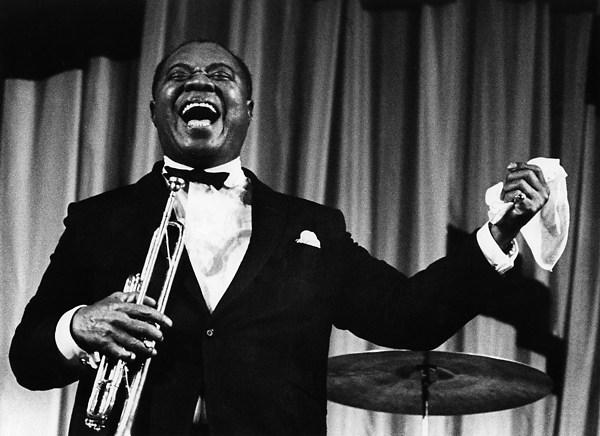
Grimonprez’s combination of covert actions and bebop is nothing short of inspired brilliance.
The film alleges the spy agency had influence in the visual arts, and outs a high-ranking member of the venerable Museum of Modern Art board as either a CIA operative or being in cahoots with the covert “Company.”
Grimonprez expertly deploys all of this with recurring, frequent titles throughout his sprawling epic, quoting trenchant observers, such as Maya Angelou. (For some reason, Joseph Conrad, author of the best Western work of fiction about Congo, Heart of Darkness, is never referenced.)

In addition to laying out the roles Washington, Brussels and Hammarskjöld played in Congo and what befell poor Lumumba, viewers will learn many other fascinating factoids. Did you know that trumpeter Dizzy Gillespie ran as a third-party candidate for president in 1964? That the uranium used in the atomic bombs that blew Hiroshima and Nagasaki to kingdom come came from Congo?
That Abbey Lincoln and Max Roach participated in a protest disrupting the UN Security Council chamber shouting, “Murderers! Assassins!” to protest Lumumba’s liquidation? Who knew?
Johan Grimonprez, who previously made two films about Alfred Hitchcock, has concocted quite a cinematic cacophony, a stunning constellation of celluloid to make his case against colonialism and who exterminated Patrice Lumumba.
Soundtrack to a Coup d’Etat is one of the most flabbergasting documentary films since Dziga Vertov’s 1929 Man with the Movie Camera, with powerful political content to match its revolutionary form.
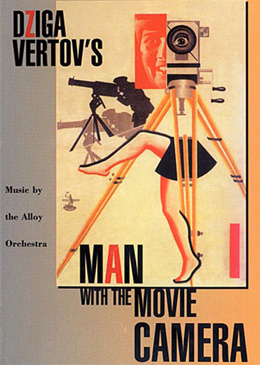
This beehop doc is a must-see for viewers interested in Lumumba, covert actions, anti-colonialism, jazz, CIA subversion of the arts, the UN, Khrushchev and much more.
However, before one sees Grimonprez’s tour de force, I suggest that you be well rested, as it is two-and-a-half hours long and requires lots of concentration and reflection. But Grimonprez’s journey to the heart of darkness is well worth the effort and quite rewarding—hopefully, Soundtrack will be awarded more prizes during awards season. BRAVO!
To view Soundtrack see: https://kinolorber.com/film/soundtrack-to-a-coup-d-etat?srsltid=AfmBOopfvHHxSojBm8InEWgsHx5GmEZLTqULdYEZsGbuNWMIlajfEvhR#playdates.
For more information about the AFI Film Festival, see: https://fest.afi.com/.

CovertAction Magazine is made possible by subscriptions, orders and donations from readers like you.
Blow the Whistle on U.S. Imperialism
Click the whistle and donate
When you donate to CovertAction Magazine, you are supporting investigative journalism. Your contributions go directly to supporting the development, production, editing, and dissemination of the Magazine.
CovertAction Magazine does not receive corporate or government sponsorship. Yet, we hold a steadfast commitment to providing compensation for writers, editorial and technical support. Your support helps facilitate this compensation as well as increase the caliber of this work.
Please make a donation by clicking on the donate logo above and enter the amount and your credit or debit card information.
CovertAction Institute, Inc. (CAI) is a 501(c)(3) non-profit organization and your gift is tax-deductible for federal income purposes. CAI’s tax-exempt ID number is 87-2461683.
We sincerely thank you for your support.
Disclaimer: The contents of this article are the sole responsibility of the author(s). CovertAction Institute, Inc. (CAI), including its Board of Directors (BD), Editorial Board (EB), Advisory Board (AB), staff, volunteers and its projects (including CovertAction Magazine) are not responsible for any inaccurate or incorrect statement in this article. This article also does not necessarily represent the views the BD, the EB, the AB, staff, volunteers, or any members of its projects.
Differing viewpoints: CAM publishes articles with differing viewpoints in an effort to nurture vibrant debate and thoughtful critical analysis. Feel free to comment on the articles in the comment section and/or send your letters to the Editors, which we will publish in the Letters column.
Copyrighted Material: This web site may contain copyrighted material the use of which has not always been specifically authorized by the copyright owner. As a not-for-profit charitable organization incorporated in the State of New York, we are making such material available in an effort to advance the understanding of humanity’s problems and hopefully to help find solutions for those problems. We believe this constitutes a ‘fair use’ of any such copyrighted material as provided for in section 107 of the US Copyright Law. You can read more about ‘fair use’ and US Copyright Law at the Legal Information Institute of Cornell Law School.
Republishing: CovertAction Magazine (CAM) grants permission to cross-post CAM articles on not-for-profit community internet sites as long as the source is acknowledged together with a hyperlink to the original CovertAction Magazine article. Also, kindly let us know at info@CovertActionMagazine.com. For publication of CAM articles in print or other forms including commercial internet sites, contact: info@CovertActionMagazine.com.
By using this site, you agree to these terms above.
About the Author

Ed Rampell is an L.A.-based film historian and critic who also reviews culture, foreign affairs and current events.
Ed can be reached at edrampel@gte.net.


Sounds like an interesting film. Thank you for mentioning Conrad, but I think you do Dag an injustice. https://www.hurstpublishers.com/book/who-killed-hammarskjold-2/